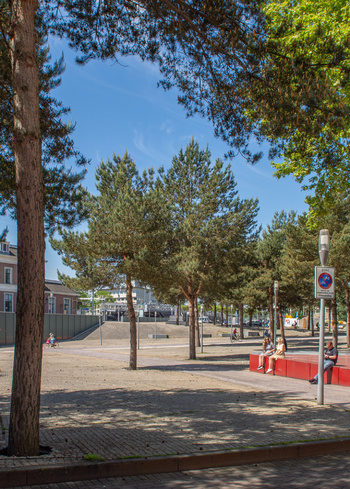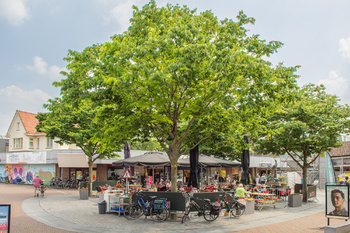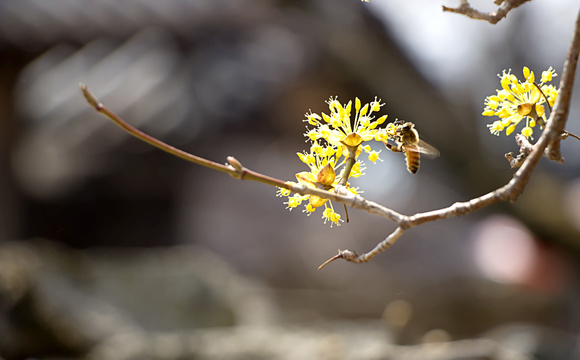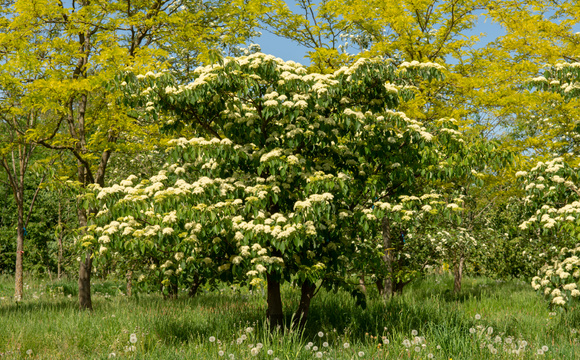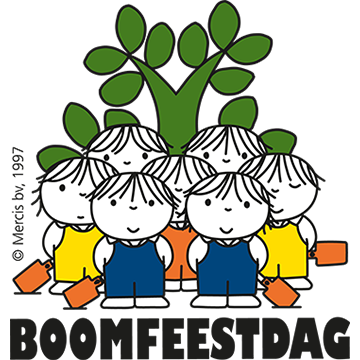Sustainability and ecology
Sustainable planting projects – and trees in particular – make a significant contribution to the natural balance in the built environment and play a role in reducing the urban heat island effect in towns and cities. Through evaporation, trees create increased humidity and help to reduce temperature and CO₂. In towns and cities, along motorways and in industrial areas, trees also ensure better air quality. Trees help in the absorption of harmful pollutants, such as VOCs, ozone, nitrogen dioxide and particulate matter.

